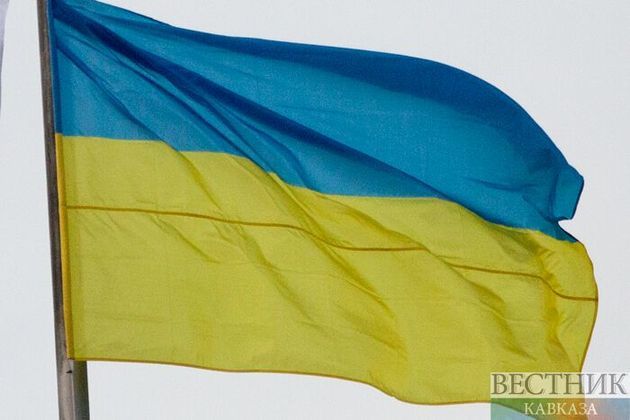The Ukrainian Ministry of Foreign Affairs has called on the Georgian government ‘to treat ex-president Mikheil Saakashvili with respect,’ calling a recent attempt on December 27 to transfer him from Gori Military Hospital to Rustavi No. 12 prison ‘improper.’
The Penitentiary Service decided yesterday to let Saakashvili stay in hospital temporarily following the incident, during which the ex-president claims force was used against him as a result of which he lost consciousness for a period of time.
The former president and his lawyers say Saakashvili must stay in hospital for further treatment.
The statement of the Ukrainian MFA reads that Saakashvili cannot be transferred back to prison due to his poor health, noting he needs further treatment.
The Ukrainian MFA also says that the attempt to transfer the ex-president was ‘inappropriate’ because his lawyers were not notified about the event, however, Georgian Justice Minister Rati Bregadze said yesterday that the law does not oblige the Penitentiary Service to agree upon the transfer of an inmate with their lawyers.
"Ukrainian diplomats in Georgia continue to monitor the situation and are in constant dialogue with the Georgian government and Mikheil Saakashvili's lawyers,” Agenda.ge cited the Ukrainian MFA as saying.
It also states that Ukrainian doctors should be allowed to visit and examine the former president, adding that they ‘continue to work on the issue of Saakashvili's return to Ukraine on the basis of humanitarian goals, treatment and rehabilitation.’
The former president was transferred to Gori Military Hospital on November 19 following a 50-day hunger strike, which he began on the day he was arrested in Tbilisi on October 1. Saakashvili, who currently holds Ukrainian citizenship, is serving a sentence for abuse of power after his clandestine return earlier this year in October from eight years in political exile.
Bregadze said yesterday that Saakashvili ‘was provided with all necessary medical services,’ in Gori Military Hospital, noting that following the treatment ‘a decision was made to discharge him.’
The former president was convicted in absentia on two counts of abuse of power and sentenced to six years in prison. He faces additional charges including illegal seizure of property, embezzlement, illegal rally dispersal, and illegal border crossing.






